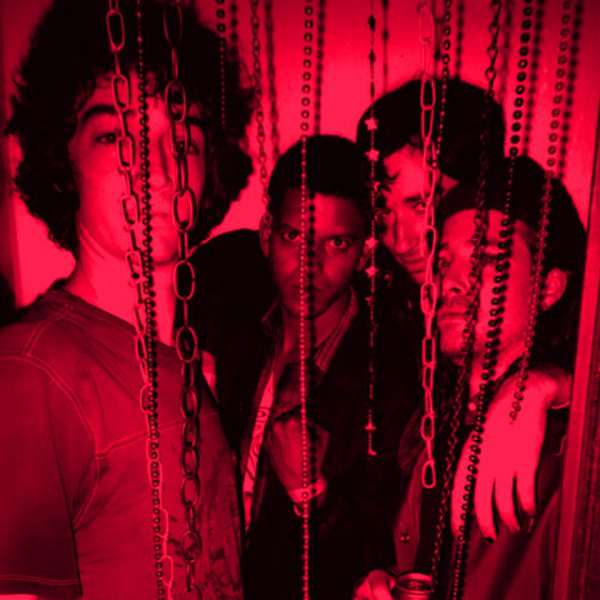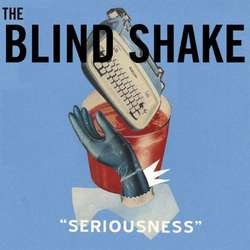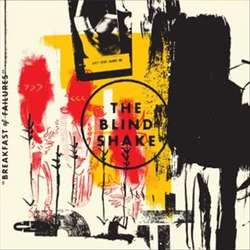It’s no secret to long-time site readers that I’m a fan of The Blind Shake. The Minneapolis trio has released a run of albums now, both on their own and with psychedelic luminary Michael Yonkers. All the while, their distinct sound continues to evolve. Starting as, to coin a term, a power-crunch band, it’s moved more heavily into distortion and somewhat sprawling garage rock, ultimately hitting its new peak with Key to a False Door on Castle Face Records.
All this talk of evolution and changing sound, though, suggests that The Blind Shake is a changed band. They are not. Jams like “Garbage on Glue” and “Viva la Misery” would fit will with their back catalogue, and closing stomper “555 Fade” could easily have been on the Cold Town/Soft Zodiac release.
Usually when a critic speaks of evolution, it means “they were better before.” Not in this case. While it’s perhaps too early to play the album ranking game, Key to a False Door is definitely among their top releases, taking that well-defined tightness in their sound and giving an elastic encasement. The songs haven’t so much changed as they’ve grown. Early records suffered a bit from the sameness factor (often overshadowed because of their brevity). Now, the songs still rarely top three minutes (just one song goes over 3:02), but the content is less uniform. Dark psychedelic noise jams have infiltrated their way into the songs but, in that process, the quick punch of a three-minute song held true. Where many bands would stomp on their pedals and draw out the cool effects, Blind Shake instead surgically installs these elements without wearing their songs thin. In other words, the band likes to experiment, but the final product remains careful and trim: the point of the songs is to deliver a quick punch and not take the listener down a meandering path.
The key differences between this and older records are in the vocals, which have a clearer, more distinct feel as the different members sing. In the past, it was hard to differentiate voices, but not as much this time around. The vocals in “Porto Alegre” have a crisp sound that brings Marked Men to mind, and later the sludgy “Le Pasion” has some pedal-heavy Ty Segall vibes. The band has always had a few instrumental stompers, but there seem to be a few more on this one. “Monofactory” is a romper and closer “555 Fade” are both standouts. The nuance has helped to complete the package. The songs are still quick and direct, but some of the repetitive nature is nullified. Now the only repetitive part comes in the form of my listening habits.









